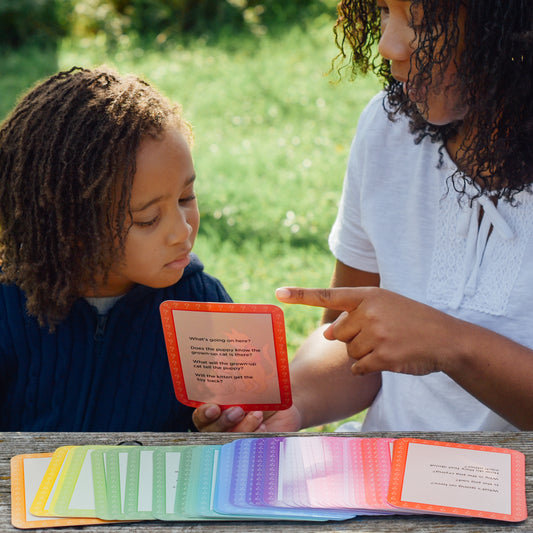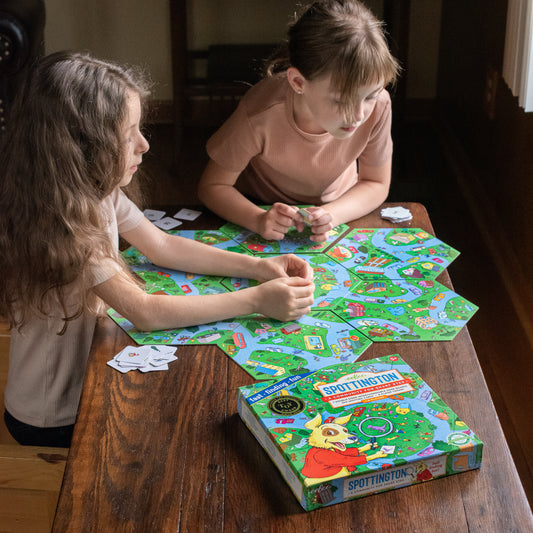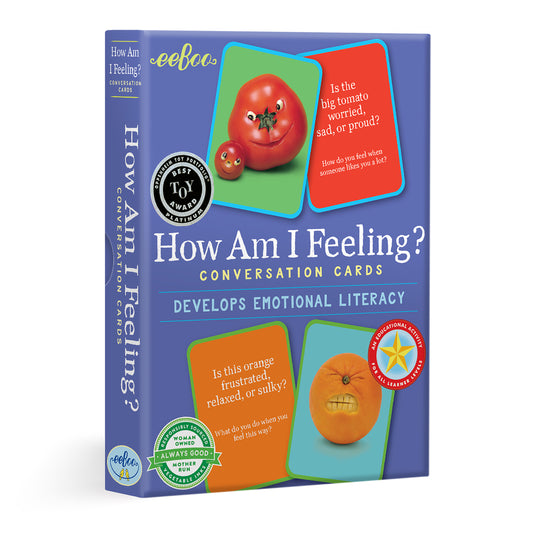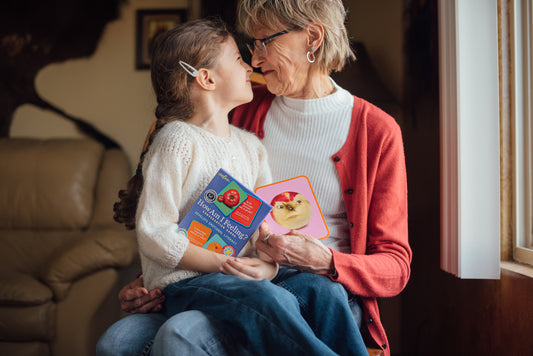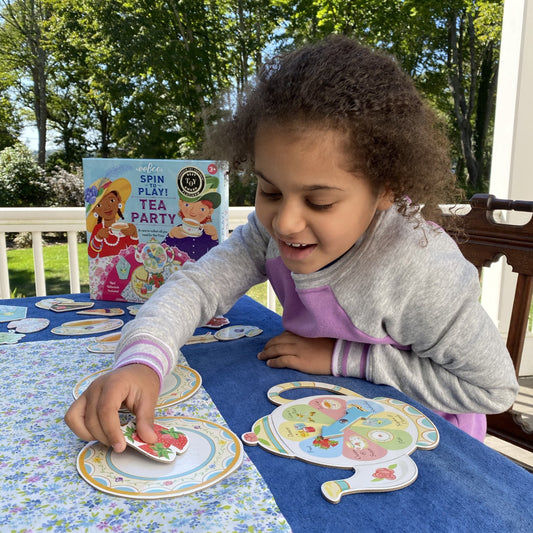Developing social-emotional intelligence early in life is important because it lays the foundation for healthy relationships, emotional resilience, and overall success throughout a person’s lifetime. Here are some reasons why it is crucial to nurture this skill in childhood:
1. Improves Emotional Regulation
- Children with strong social-emotional intelligence learn to recognize and manage their emotions effectively, reducing impulsive behaviors and emotional outbursts.
- This skill helps them handle stress, disappointment, and challenges more constructively.
2. Enhances Academic Success
- Emotional regulation and social skills contribute to better focus, teamwork, and problem-solving abilities in school.
- Research shows that students with strong social-emotional skills perform better academically because they can manage stress and collaborate effectively with peers.
- Emotional regulation and focus allow children to handle stress, stay attentive in class, and persevere through challenging tasks.
- Positive peer relationships and cooperation with teachers also contribute to a more enjoyable and productive learning experience.
3. Builds Healthy Relationships
- Early development of empathy and interpersonal skills helps children build and maintain positive relationships with family, friends, and peers.
- These relationships are essential for social support and emotional well-being.
- Social-emotional skills like empathy and active listening help children understand and relate to others’ feelings and perspectives.
- These skills make it easier for them to form meaningful friendships, work well in teams, and establish trust with teachers and caregivers.
4. Improving Communication
- Effective communication skills, which are part of social-emotional learning, enable children to express their needs, ask for help, and resolve conflicts peacefully.
- This reduces misunderstandings and helps create a supportive and collaborative environment in schools and at home.
5. Prepares for Conflict Resolution
- Children who learn to communicate their feelings and understand others' perspectives are better equipped to resolve conflicts peacefully.
- This reduces the likelihood of bullying, aggression, or social isolation.
6. Fosters Resilience
- Social-emotional intelligence helps children develop coping mechanisms to navigate setbacks, failures, and life’s uncertainties.
- Children who develop self-awareness and self-regulation can recognize their feelings, manage frustration, and stay calm under pressure.
- This resilience allows them to bounce back from setbacks, such as academic challenges or disagreements with peers.
7. Promotes Mental Health
- Developing these skills reduces the risk of anxiety, depression, and other mental health issues by teaching children how to process emotions constructively.
- Children with strong social-emotional skills are less likely to experience anxiety, depression, or social withdrawal because they have the tools to cope with stress and seek support when needed.
- They are also more likely to develop a positive self-image and feel confident in their abilities.
- It encourages self-confidence and a positive sense of self.
8. Encouraging Independence and Decision-Making
- Self-awareness and emotional intelligence empower children to make thoughtful decisions based on their values and goals rather than impulsive reactions.
- These skills foster independence as children learn to navigate challenges without relying heavily on external guidance.
9. Encourages Leadership and Collaboration
- Social-emotional intelligence nurtures qualities like empathy and active listening, which are essential for leadership roles.
- It also fosters teamwork and collaboration, which are valuable in nearly every aspect of life.
10. Preparing for Future Challenges
- These skills are foundational for lifelong success, whether in managing workplace dynamics, building strong personal relationships, or contributing positively to society.
- Early development ensures that children grow into empathetic, resilient, and socially adept adults.
By teaching and modeling social-emotional skills early, caregivers and educators can help children grow into emotionally intelligent, empathetic, and successful adults. These skills are not only critical for personal well-being but also for contributing positively to communities and society.









